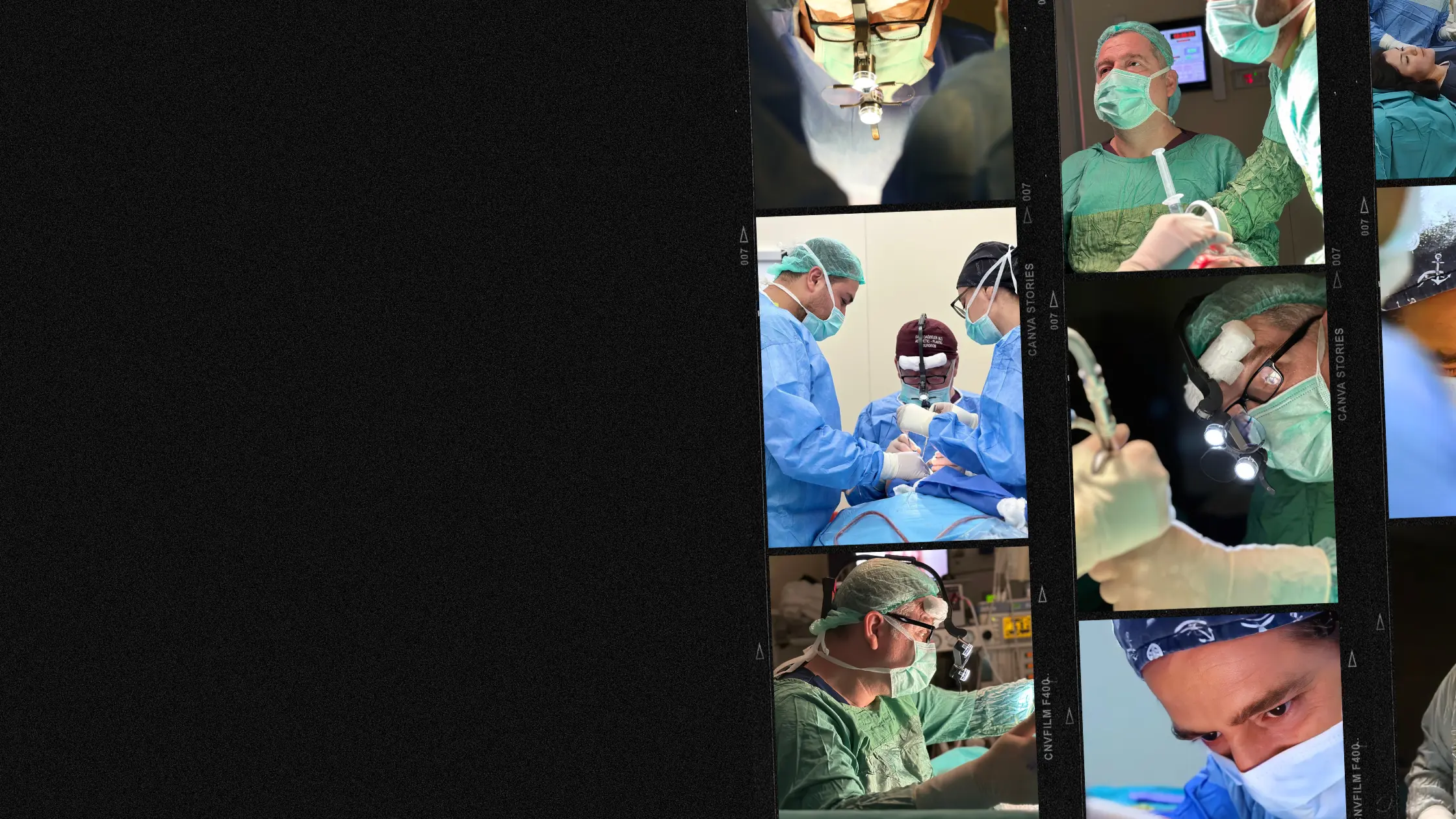The Role of Circadian Rhythms in Hair Follicle Regeneration Post-Transplant
Hair transplant procedures have evolved significantly over the years, but the understanding of factors influencing post-transplant recovery and hair follicle regeneration remains pivotal. One such influential factor is the circadian rhythm, the body’s internal clock that regulates various physiological processes. This article delves into the importance of circadian rhythms in hair follicle regeneration post-transplant and how it can potentially enhance transplant success.
Understanding Circadian Rhythms
Circadian rhythms are natural, internal processes that follow a roughly 24-hour cycle. They respond primarily to light and darkness in an organism’s environment. These rhythms influence sleep-wake cycles, hormone release, eating habits, digestion, body temperature, and other critical bodily functions.
Mechanisms of Circadian Rhythms
The suprachiasmatic nucleus (SCN) in the brain’s hypothalamus is the primary driver of circadian rhythms. It synchronizes peripheral clocks in tissues and organs through neural and hormonal signals. This synchronization ensures all physiological processes occur at optimal times, enhancing overall bodily function and health.
Circadian Rhythms and Hair Follicle Biology
Hair follicles are not isolated from the influence of circadian rhythms. Research indicates that hair follicle cells exhibit circadian rhythms, regulating cell division, growth, and regeneration.
Cell Cycle and Hair Growth Phases
Hair growth occurs in three phases: anagen (growth phase), catagen (transitional phase), and telogen (resting phase). The synchronization of the circadian clock with these phases ensures optimal hair growth and regeneration. Disruption in circadian rhythms can lead to impaired hair growth or increased hair loss.
Impact of Circadian Rhythms Post-Transplant
The success of a hair transplant depends significantly on the survival and regeneration of transplanted hair follicles. Circadian rhythms play a crucial role in this process by regulating the cellular and molecular mechanisms essential for follicle regeneration.
Enhancing Follicle Survival
Post-transplant, hair follicles undergo a critical period where their survival is paramount. Circadian rhythms influence various factors such as nutrient uptake, cellular repair, and immune responses that are essential for follicle survival. Aligning hair transplant procedures with the body’s natural circadian rhythms might enhance follicle engraftment and survival rates.
Optimizing Regeneration
Once transplanted, hair follicles need to enter the anagen phase for successful hair growth. Circadian rhythms regulate the timing of this phase, ensuring that follicles regenerate efficiently. Disruption in circadian rhythms can delay or impair this process, leading to suboptimal outcomes.
Clinical Implications and Future Directions
Understanding the role of circadian rhythms in hair follicle regeneration post-transplant opens new avenues for optimizing hair transplant procedures. Clinicians can leverage this knowledge to enhance patient outcomes by aligning surgical and post-operative care with the body’s natural rhythms.
Personalized Treatment Plans
Incorporating circadian rhythm assessments into pre-operative evaluations can help create personalized treatment plans. These plans can optimize the timing of the surgery, post-operative care, and medication schedules to align with the patient’s circadian rhythms.
Potential Therapeutic Interventions
Research into circadian rhythm modulators, such as light therapy or chronotherapy, holds promise for enhancing hair follicle regeneration post-transplant. Future clinical trials could explore these interventions’ efficacy, paving the way for innovative treatment protocols.
Conclusion
The integration of circadian rhythms into the understanding of hair follicle regeneration post-transplant provides a promising avenue for improving transplant outcomes. By synchronizing procedures and care with the body’s natural rhythms, clinicians can enhance follicle survival, optimize regeneration, and ultimately achieve superior results.
As a pioneer in aesthetic and plastic surgery, I invite you to explore the potential benefits of aligning hair transplant procedures with your circadian rhythms. Make an appointment today to discuss how we can tailor your treatment for optimal results. You can also contact us via WhatsApp at +90 507 178 17 79 for more information.


